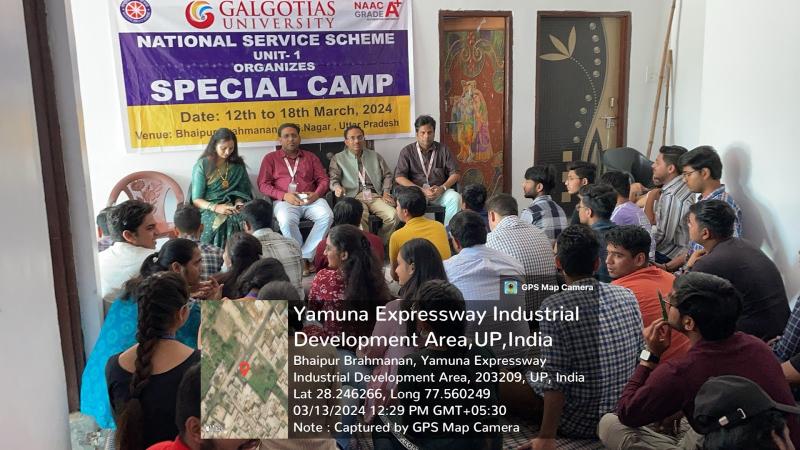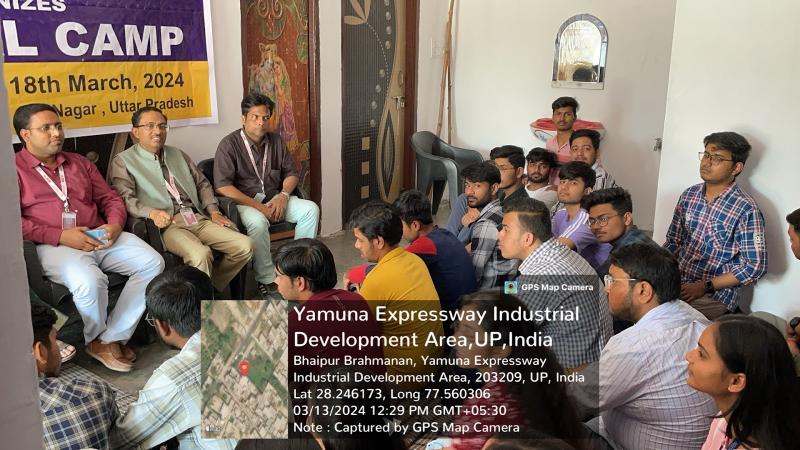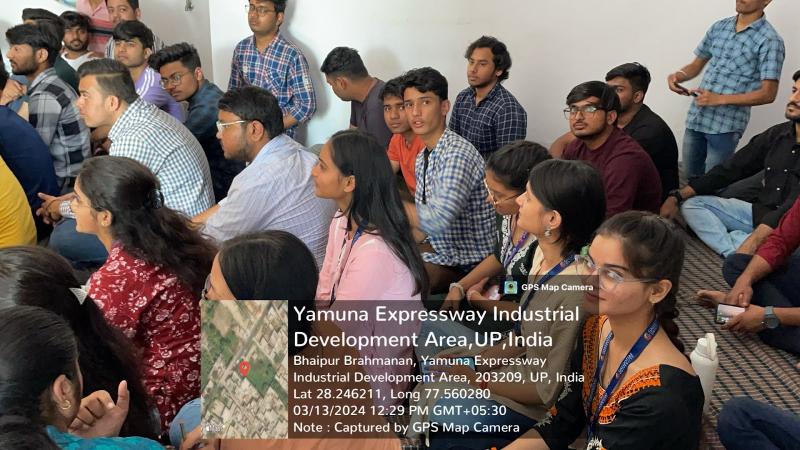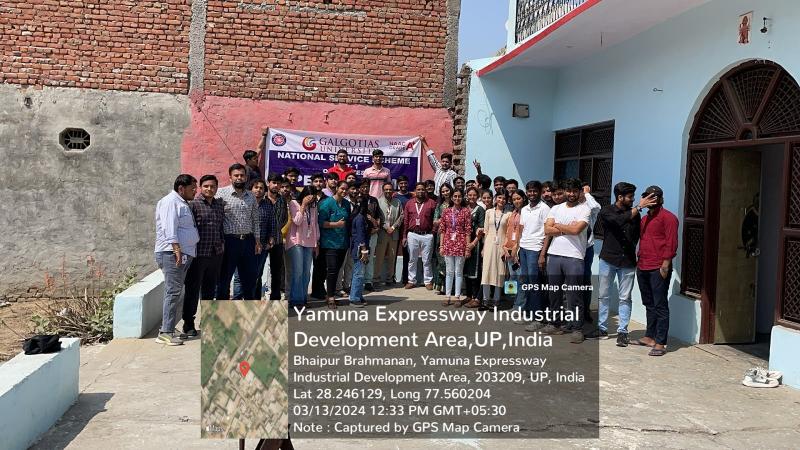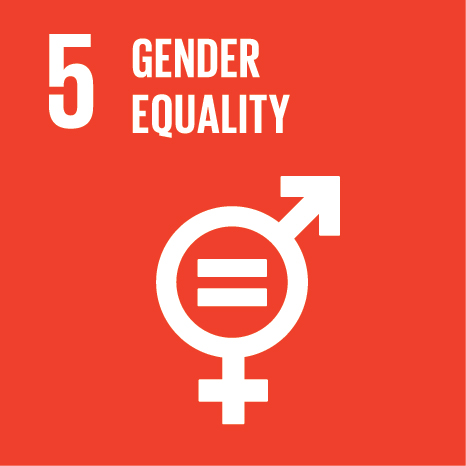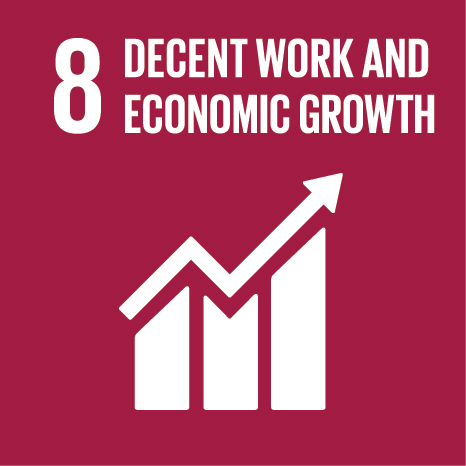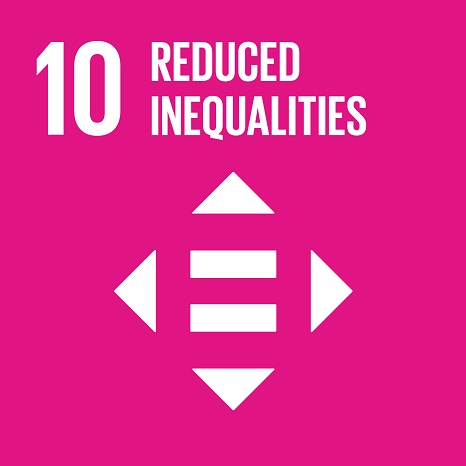Vocational Training for Inclusive Job Opportunities
Event Date: 12th to 18thMarch 2024
Introduction
The event on "Vocational Training for Inclusive Job Opportunities" was organized to highlight the role of vocational education in enabling access to better employment opportunities. With the changing global job market, vocational skills are becoming increasingly important in securing jobs and reducing unemployment, particularly for individuals from underrepresented and marginalized groups. This event aimed to showcase how vocational training can be a pathway to economic empowerment and inclusivity.
Objective
The key objectives of the event were:
To raise awareness about the importance of vocational skills in today’s job market.
To provide information on various vocational training programs available for job seekers.
To promote inclusivity in the workforce by highlighting job opportunities for individuals from marginalized communities, such as women, differently-abled individuals, and low-income groups.
To foster collaboration between employers, training institutes, and communities to create more job opportunities for vocational training graduates.
Keynote Speaker and Sessions
The event featured a keynote address by an expert in workforce development and inclusive employment. The speaker shared insights on the current labor market trends and how vocational training can bridge the gap between education and employment, especially for those with limited formal education or disabilities.
The sessions during the event included:
Vocational Training as a Tool for Employment: A session discussing the significance of vocational skills in accessing employment opportunities, especially in sectors like hospitality, construction, technology, and healthcare.
Inclusive Employment Practices: Focused on how organizations can adopt inclusive hiring practices and accommodate diverse individuals, including those with disabilities or from disadvantaged backgrounds.
Skills for the Future: Highlighted emerging skills in sectors like renewable energy, digital marketing, and e-commerce that can be learned through vocational training programs.
How to Choose the Right Vocational Program: A session that guided attendees on how to select the right training courses based on their interests, market demand, and future career growth.
Panel Discussion
A panel discussion with leading industry experts and representatives from various vocational training institutions was held.
The panel discussed the challenges faced by marginalized communities in accessing vocational training and employment, and offered strategies to make training programs more accessible, affordable, and relevant to current job market needs.
Workshops and Skill Development Sessions
Interactive workshops and skill-building sessions were conducted where participants could learn practical skills that enhance their employability. Some of the key workshops included:
Basic Computer Skills: A workshop designed to introduce job seekers to essential digital tools and software, increasing their employability in administrative and customer service roles.
Technical Skills for Trades: A hands-on session in which participants learned basic skills in fields like carpentry, plumbing, and electrical work.
Hospitality and Service Sector Skills: Focused on training individuals for jobs in the hospitality industry, including customer service, food preparation, and housekeeping.
Entrepreneurship Training: A session that taught individuals the basics of starting their own business, including how to create a business plan and manage finances.
These workshops provided participants with valuable, marketable skills they could apply immediately to seek employment or pursue entrepreneurship.
Networking Opportunities
The event offered a valuable networking space for job seekers, vocational trainers, and employers. Job seekers had the chance to connect with potential employers, training providers, and community organizations that offer support services. Employers were able to discuss their hiring needs with vocational training providers and identify skilled candidates.
Conclusion and Key Takeaways
The event concluded with a summary of the day’s discussions and a call to action for all stakeholders involved in workforce development. The organizers emphasized the need for increased collaboration between government bodies, training institutions, and employers to create inclusive job opportunities for marginalized communities.
Key takeaways from the event included:
The critical role vocational training plays in providing inclusive employment opportunities for all, particularly for individuals who may not have access to formal education.
The need for a focus on emerging industries and skills to ensure that vocational training programs align with future job market trends.
The importance of inclusive hiring practices in creating a diverse and equitable workforce.
A commitment from local employers and training institutions to offer more training opportunities and jobs for underrepresented groups.
